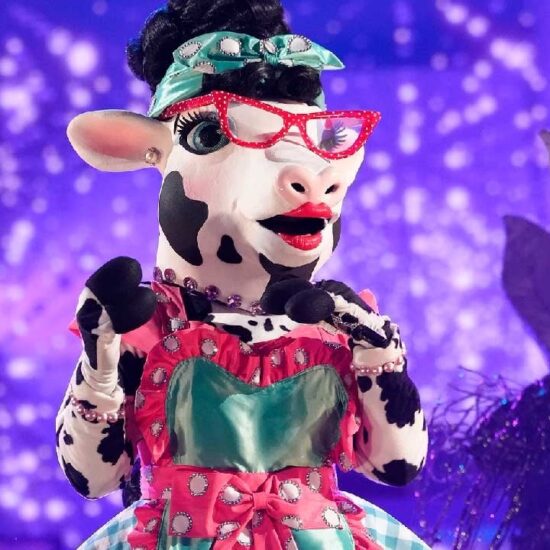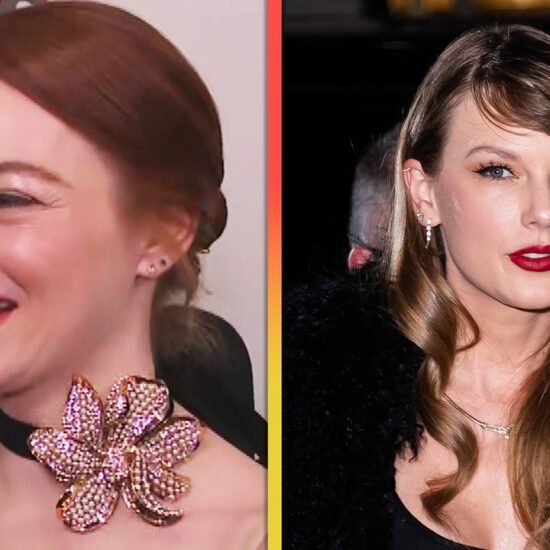
High school is often an angsty, unpredictable time, but even more so under the pressure of a strict religious community. Perhaps it’s easier if you’re born into it, but for outsider Jamie (Anwen O’Donnell), at the center of “You Can Live Forever,” the claustrophobic nature of her aunt and uncle’s Jehovah’s Witness community is almost too much to bear.
It all feels so alienating and strange until she meets Marike (June Laporte), who promises to show her the Truth.
“You Can Live Forever” is the debut film of writer-directors Mark Slutsky and Sarah Watts, the latter of whom grew up gay in a Jehovah’s Witness community in Canada. Though the film is not autobiographical, it touches on much of the discomfort, repression and ultimate hope felt by those struggling with their feelings under a repressive religious atmosphere.
It helps that Jamie is an outsider, a fish out of water, who comes to stay with her aunt and uncle after the death of her father. With her mother in a state of disrepair and depression, the family thinks Jamie would be better off uprooting her life for a bit while everything can return to normal. Only Jamie’s aunt Beth (Liane Balaban) and uncle Jean-Francois (Antoine Yared) live a life far different from her own. As Jehovah’s Witnesses, they don’t celebrate birthdays or holidays, and they require her to attend Bible study on weeknights. And any conversation about sexuality, including the fact that Jamie is a lesbian, is off the table.
Jamie is less interested in the Truth and more interested in Marike, with whom — between long glances and casual intimacy — she builds a tender romance. Slutsky and Watts build tension between the girls slowly, awkwardly. It feels like a genuine high-school romance. The two bond on weeknights after dinner at Marike’s house, playing piano and talking about cities they’d like to visit one day. Jamie, a skeptic through and through, can’t tell whether Marike’s devotion is legitimate or not, but her investigation only brings them closer together, not to a religious epiphany. The chemistry between O’Donnell and Laporte is natural and easy-going, and it’s a pleasure to watch them get to know each other.
It can be easy for a movie like this to depict devout religious followers as close-minded and prejudiced, but “You Can Live Forever” is smart enough to show a spectrum of belief and adherence and tolerance. Though Jamie often butts heads with her aunt and her beliefs, their relationship remains loving and respectful. Nor is Marike’s devotion to the Truth read as a punchline.
Part of what Jamie struggles to reckon with is the duality of Marike’s life, that is both gay and happy to remain a Jehovah’s Witness. For Jamie, things are much more binary. The willingness of the movie’s strong script to delve into the complexities of not only religious but also sexual identity make its tragedy feel that much more potent.
It’s not all doom and gloom. For the most part, “You Can Live Forever” is a sensitive and thoughtful film to watch, with smart characters having truthful conversations with each other. Jamie’s school friend Nathan (Hasani Freeman) brings a sense of humorous cynicism to the film, and when the two of them lie around and talk about their lives, it feels like true adolescent bonding. Though there is an amateurish nature to many of the younger actors in the film, their inexperience and youthfulness lend an honesty to their performances.
The film suffers from a similar amateurishness, with a mix of drab cinematography and no distinctive look or feel despite a supposed 1990s setting. Some of that comes down to the cloistered community at the center of the story, but the characters talk and feel like they’re right out of the 2020s. Only toward the end of the film, with a “Heavenly Creatures” poster up on the wall, did it feel obvious that the action takes place in a shared past. “You Can Live Forever” is bolstered by an inventive score by Canadian artist CFCF, whose upbeat music saves the film from a maudlin or overly weepy hue.
“You Can Live Forever” is a sweet debut and a welcome addition to the lesbian canon, neither fetishizing nor lamenting the romance between Jamie and Marike, but rather indulging them in their exploration and study of both each other and their relationship to those around them. It’s a promising feature with an original focus, handled with romantic dexterity and thoughtful wisdom.
“You Can Live Forever” makes its world premiere at the 2022 Tribeca Film Festival.
















